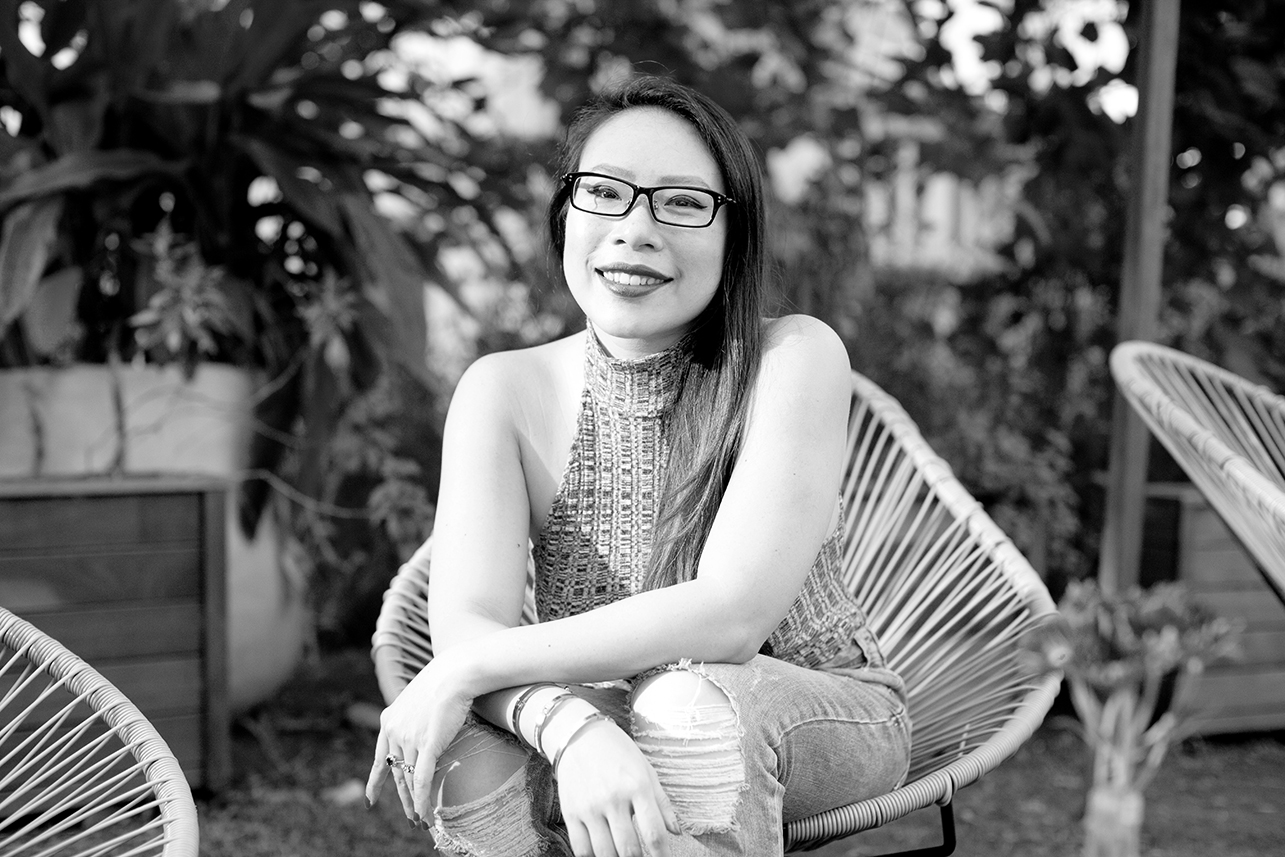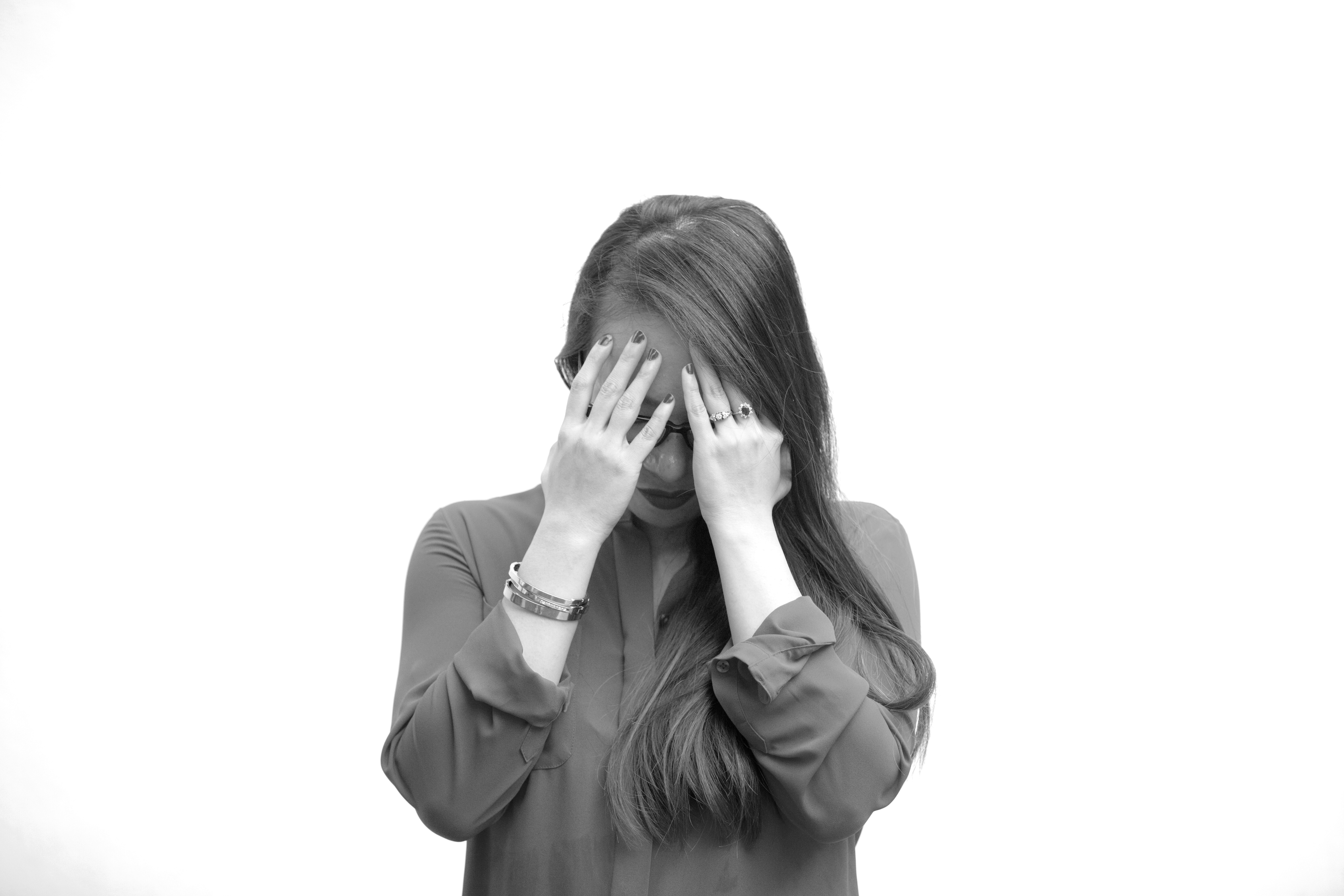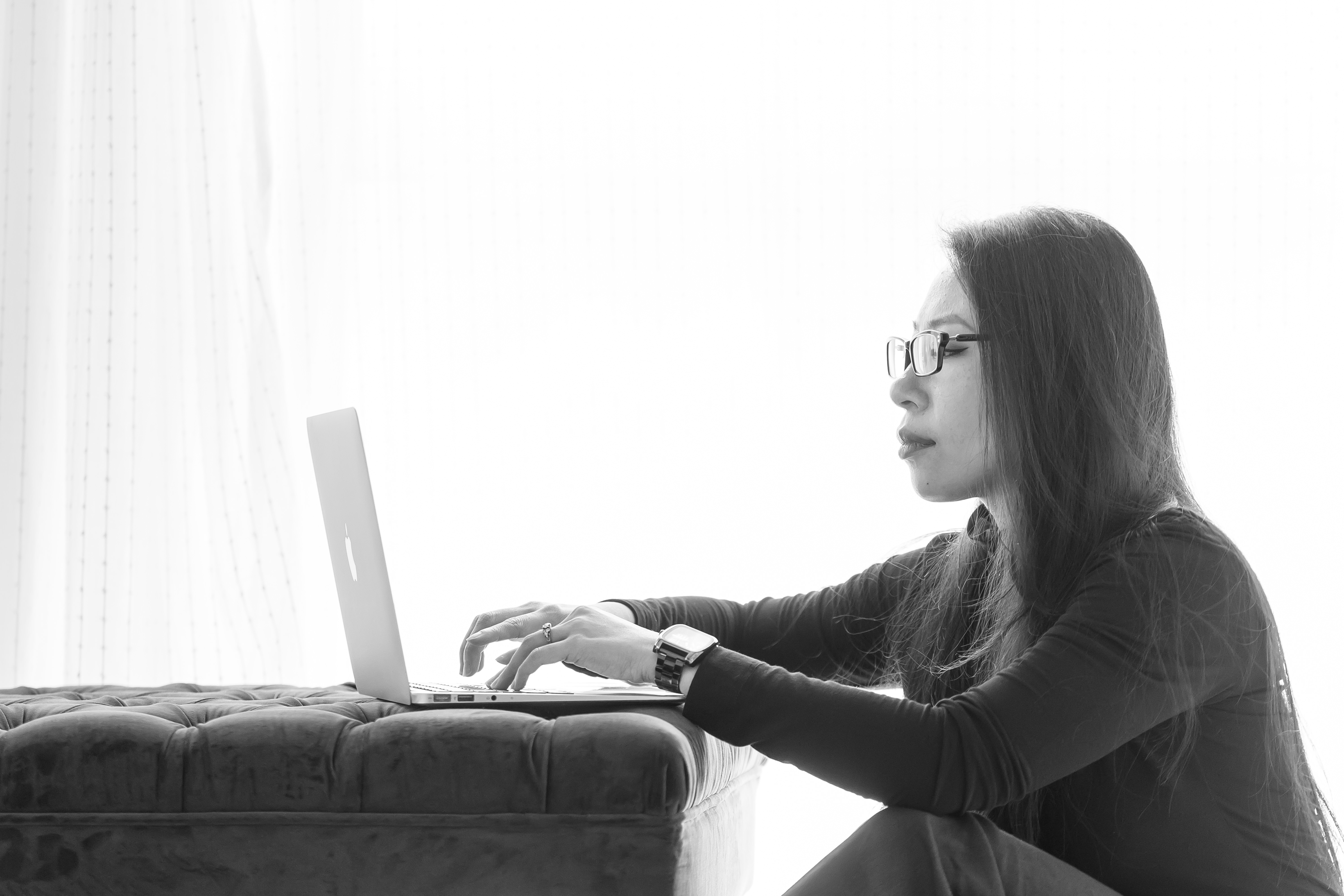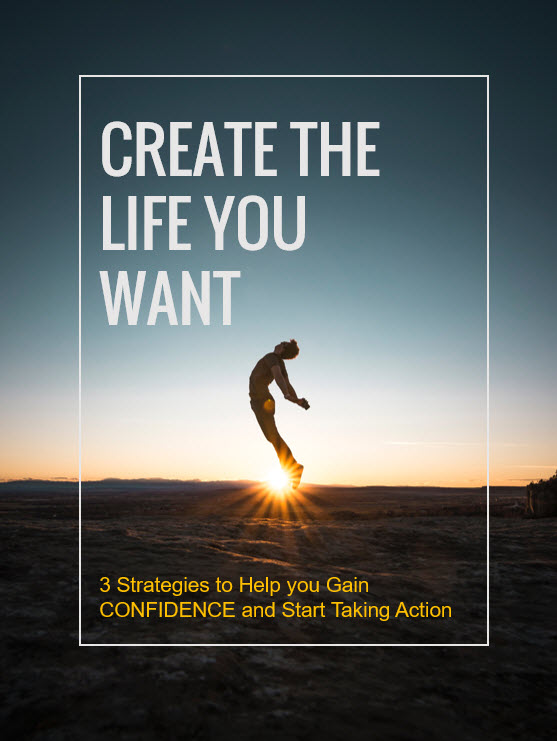PRACTICAL LIVING
How to be in Control of Your Life by Being Less Controlling
“The paradox is that when we are controlling, it controls how we live instead of freeing us up. It shackles us to that constant and vicious cycle of anxiety, fear and frustration.”
A lot of people are looking for ways to manage, to cope and to just soldier on. When we are faced with uncertainties and anxieties, the first thing we tend to reach for is control.
What can we control? Our budget? Our home environment? How about our habits? Maybe we can change our hairstyles? When we want our lives to improve, we naturally think of what we can control within ourselves. Sometimes, we even think about what we can control outside of ourselves such as the environment and the people around us.
In reality, life doesn’t work out that way does it?
We cannot control all aspects of our environment such as climate or global economy. We cannot simply force money to come our way or love from people we want. We cannot order ourselves to feel motivated to: go to the gym, work on our business, eat healthily.
If anything, the more we try to control ourselves the less likely we are to capitulate.
The more we seek to control everything, the less in control we feel.
Yet, no matter what, if we want our lives to be different, to be more meaningful, we are the only ones who can create that reality.
We are the only ones who can take control. But how?
Two types of control
You can be in control or you can be controlling.
When you are in control:
- You have clear goals and plans, you may not always execute them perfectly but you do always get back on the horse no matter the curveballs life throws at you.
- You adapt accordingly to situations and are not restricted by the need to do things according to what you want
- You know that every situation, circumstance is not entirely within your control but what you can take charge is how you react.
Most importantly, when you are in control, you do not assign blame to others when things do not go the way you want.
On the other hand, when you are just trying to be controlling:
- You force yourself and others to fit into the mould that you want.
- You refuse to adapt to situations even when it is to your detriment.
- You are constantly trying to manipulate situations to what you want.
- You are always anxious about everything because you cannot control it all.
The difference between the two types of control
Being in control means taking charge by taking the appropriate action and focusing only on the things you can: your thoughts, emotions and behaviour.
When you are in a controlling mode, you are always trying to bend everything to your will even when it is impossible to do so. In the long run, you get frustrated, angry at the world and yourself because you see yourself as the failure.
Just like a controlling partner can be abusive, detrimental to your well-being, isolating you from others, belittling you, constantly making you feel guilty or criticising you, we are capable of doing all of that to ourselves.
When we are controlling, it usually comes from a place of fear, insecurity, and anxiety. We fear the unknown, we feel insecure about our capabilities and we feel anxious about our place in the world.
As a result of all those feelings, we grip even harder, refusing to consider other perspectives and refusing to relinquish control.
Within that realm of control, we feel comforted because there is certainty and a space where we feel secure in ourselves.
The paradox is that when we are controlling, it controls how we live instead of freeing us up. It shackles us to that constant and vicious cycle of anxiety, fear and frustration.
Things in life cannot be strong-armed into submission, it just doesn’t work that way.
This is why we need to take back control of our lives by relinquishing some control and here’s how we do it.
1. Recognise that that not everything needs to happen on your schedule and plan.
Your way is not the only way. There are many ways to do things. Be open-minded to them. Also, if you are familiar with any life events at all, you know that nothing goes to plan but it doesn’t mean they will not happen.
2. Accept the fact that you can only control you.
You can only control your own thoughts, emotions and behaviour. No one else. It is not up to other people to bend to your will and you shouldn’t want that either. Focus on your inner world.
3. Figure out where your need to control comes from.
Why do you feel the need be controlling? What do you fear? What would happen if you didn’t control everything? What are the insecurities causing you to feel the need to control?
4. Define what you can actually control in your life.
Life is not completely without control. In fact, when we have an internal locus of control, we generally fare better because we have agency over our lives. The key here though is internal. You need to think about what you can control about yourself.
Things like your habits, your actions, your thoughts and your behaviours and reactions. These are the things you can control.
Now, over to you
Now that you’ve seen what being in control and being controlling looks like, take some time to look at your own life. Do you have moments where your need to control just pissed yourself and others off? Do you feel like the more you tried to control, the more out of control you feel?
Want to get anything you want in life?
Sign up now for a free ebook on 3 strategies to help you gain confidence and start taking action.




